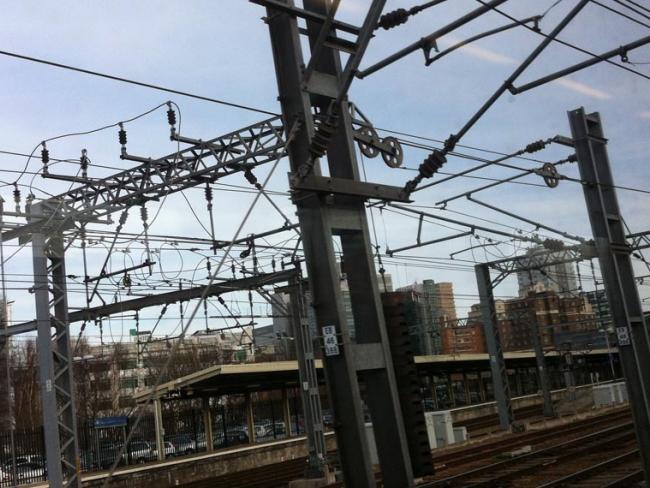In a significant move, rail unions ASLEF and RMT have agreed a joint statement opposing the operation of trains without a guard.
This development is a direct response to the plans to operate new inter-city trains that now being delivered without guards on routes from London to Bristol, South Wales and the West Country. The driver is expected to open and close the train doors, but more importantly be responsible for ensuring the safety of passengers boarding and alighting.
The statement comes at a time when the rail industry has identified boarding and alighting from trains as a major risk area that needs to be tackled. But this has not stopped private rail firms and the government from colluding to bring in yet more driver-only operated trains in the near future in the north of England.
Less safe
The unions argue that it is less safe if the train driver is distracted by additional duties, stating that drivers need to focus 100 per cent of their attention on actually driving the train. They also say that passengers should always have a second person on the train who can not only deal with emergencies but can also provide general reassurance and assistance to passengers, and protect the train driver and passengers in the event of driver incapacity.
This was demonstrated by an incident at Sutton Weaver last year where a driver who received a severe electric shock was assisted by the guard, who was able to stop other trains on the track, call for the emergency services and accompany a doctor who was travelling on the train to provide emergency first aid.
Record passenger numbers on the railways should mean more rail staff, not fewer. Services for passengers should be improved by investment in modern railway infrastructure and rolling stock – not by dismissing and deskilling guards and placing event more responsibility on the driver.

